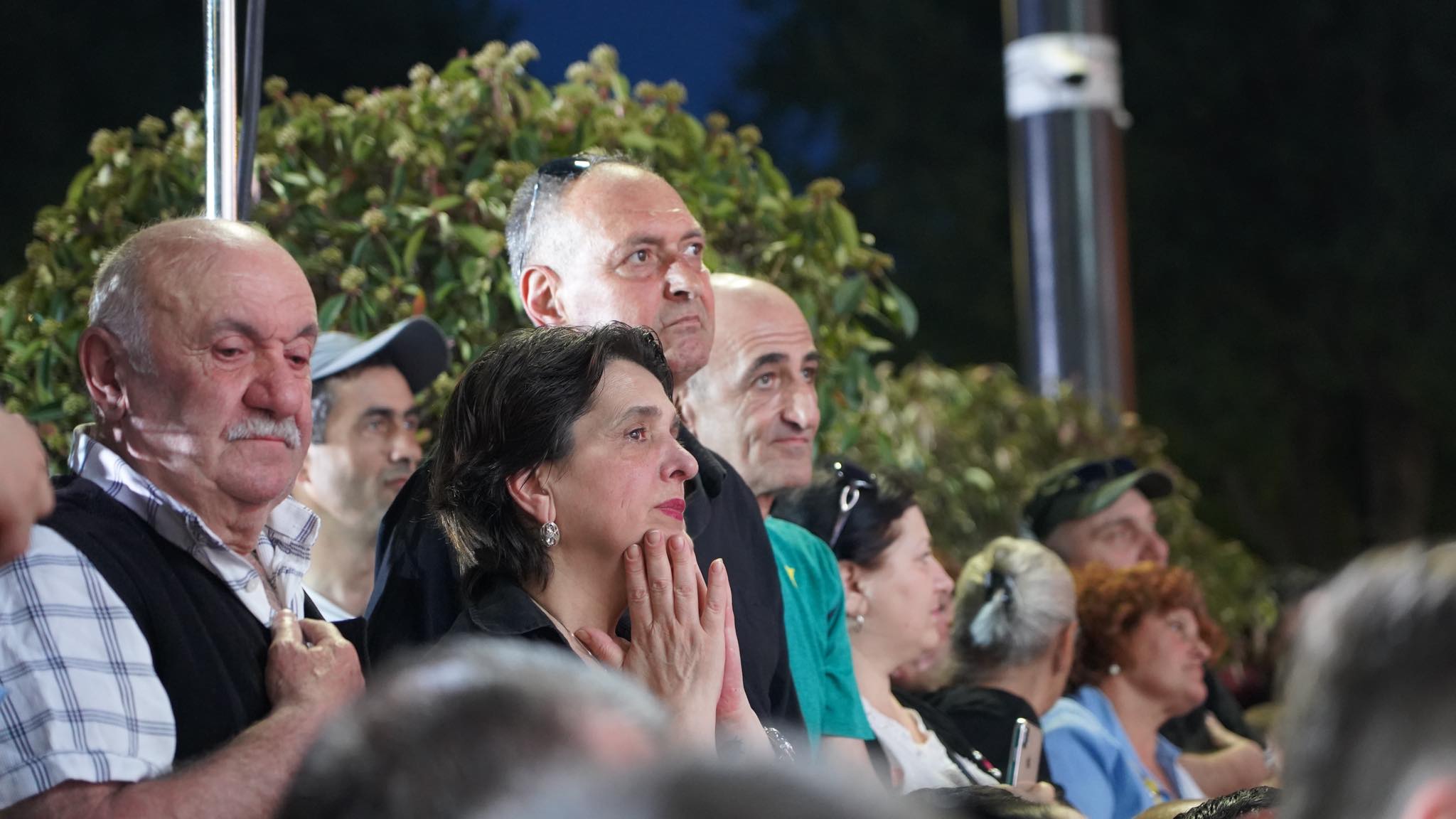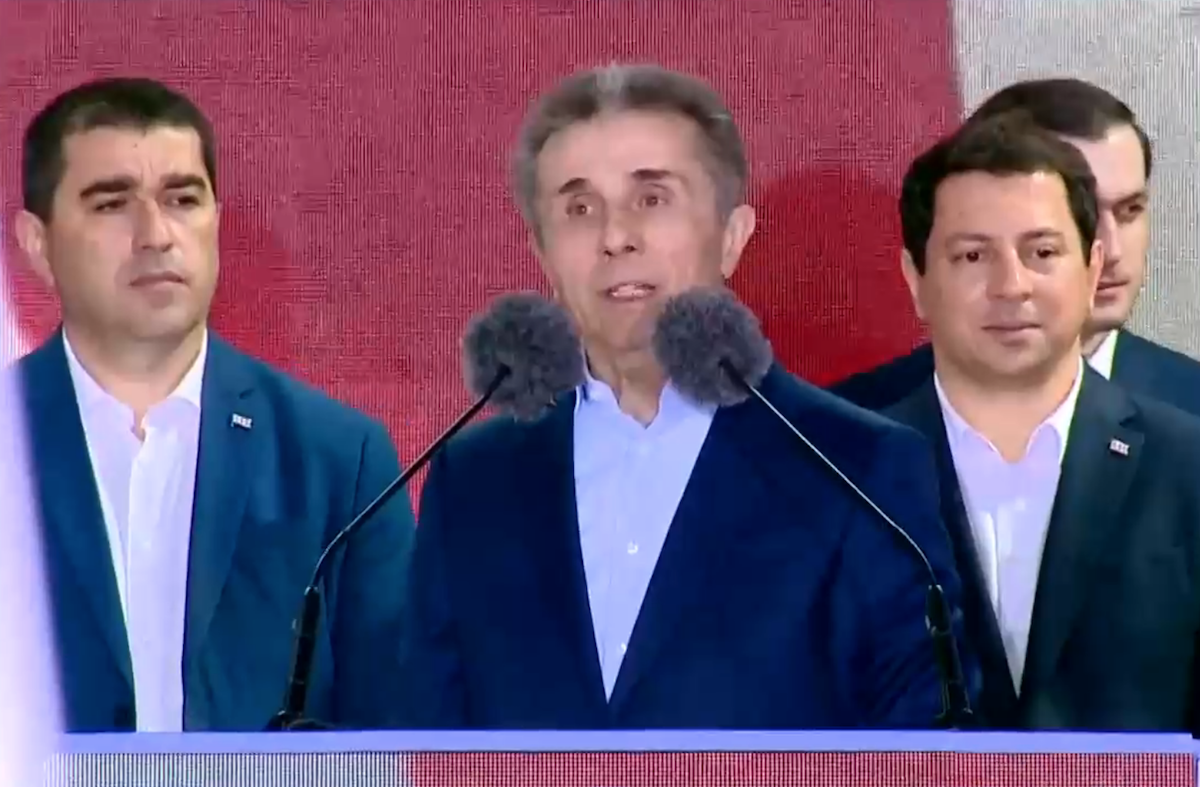Analysts on Ivanishvili's speech: "We can't live in a country submerged in Russian quagmire"
Bidzina Ivanishvili’s speech
Georgian experts are still dissecting the address delivered by Bidzina Ivanishvili, the honorary chairman of the ruling party “Georgian Dream” and the de facto leader of the country, at the pro-government rally on April 29th. The main themes of the speech included anti-Western, pro-Russian sentiments, and the implicit announcement of reprisals.
For details on Ivanishvili’s remarks at the rally, click here.
Beka Kobakhidze, historian: “After the open criticism towards the West, the clear shift towards the Russian orbit, the blatant announcement of dictatorship, I feel a deep anger – how could we have done this, how did we come to this? I am deeply concerned about the issue of non-participation [in the parliamentary elections in October] – if we do not win, we will not be able to live in this country, it will drown in the Russian quagmire.
So personally, I have no other priority. This is not the moment anymore when you work until six o’clock and then go home, sleep, and so on. If we do not win, we will have neither home nor work. And what will happen… I can refer you to the literature of emigration.
This is a very dangerous situation, it must end. At least the capital is ours, and the government will not be able to resist this. Let’s use the right to strike, let’s think about many other opportunities that can be drawn from the culture of protest, let’s put an end to this in a few weeks.
Dugin [Russian philosopher and political scientist, whose ideas are supported by Russian president Putin] said that if tanks had entered Tbilisi in 2008, Georgia would have had such a government long ago. I have exactly the same feeling as in August 2008, that Russian tanks are standing near Igoeti [a village in Eastern Georgia near the Tskhinvali region] and Tbilisi might fall to the Russians. The good news is that if we unite in constant protest, we can defend Tbilisi.”
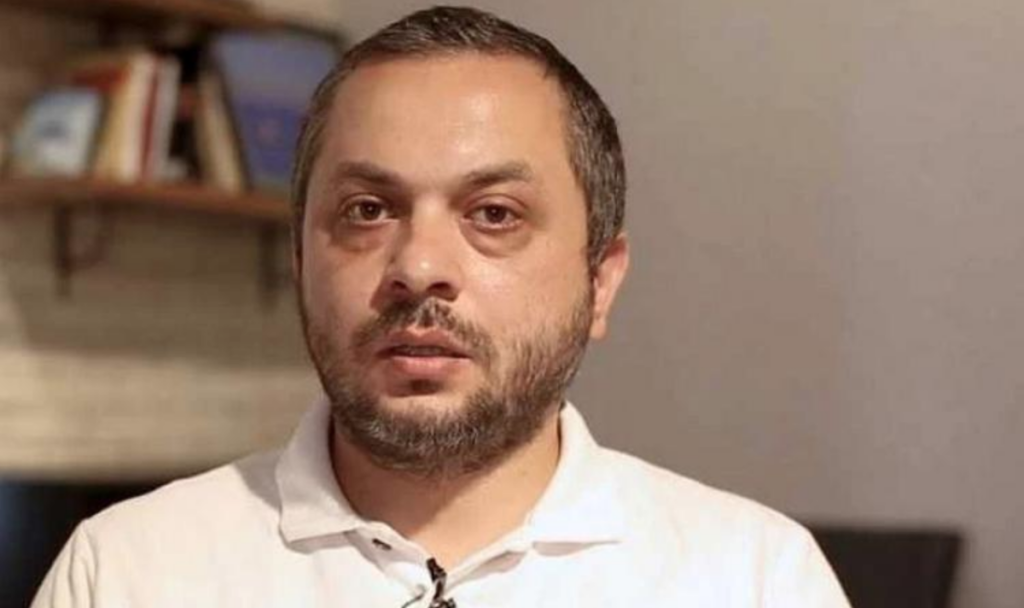
Ghia Nodia, political scientist: “Bidzina Ivanishvili’s speech confirmed what I have long suspected – this man truly believes in what he says about the ‘party of global war’. He is delusional, he has no realistic understanding of reality.
This inadequacy, signs of paranoia and heroization mania were evident from his first message when he entered Georgian politics on October 11, 2011. I recommend you to read this letter from today’s perspective.
Bidzina Ivanishvili may be crazy, but he is not stupid. His overall worldview is essentially delusional, but he is insightful enough to develop effective strategies to achieve his specific goals within this worldview and carry them out with great patience. He has a natural talent for manipulating people. We have seen this very well over these twelve and a half years (I count from October 2011).
This combination makes him a very dangerous man. I will repeat what I wrote here shortly after the arrival of ‘Georgian Dream’ to power: Bidzina Ivanishvili should be seen as a particularly severe test sent by God to Georgia. You can understand this from a religious or secular point of view: the reality is the same in both cases.”
David Zedelashvili, constitutionalist: “Introduction to Authoritarianism (Authoritarianism 101):
An authoritarian regime is weak by definition. Systematic violent repression, used by authoritarianism, is necessary to compensate for its main weakness – the lack of legitimacy.
Those who now say that the regime and its leader demonstrate weakness are partly right. However, with the following important caveat: if all authoritarian regimes are weak, then why is it harder to remove them from power? Because the opponents of the regime are systematically weaker than the regime itself, they are more disorganized and demobilized.
The goal of systematic violent repression is to completely destroy public life. The institutional infrastructure of mobilization and coordination declared by the repression leader serves the ultimate achievement of this goal.
Accordingly, the outcome of resistance to an authoritarian regime is determined by the relative weakness of this regime. As long as the authoritarian regime exists, it is relatively stronger than the opposing civil society. And this happens regardless of how weak or strong this society is in other categories (especially if measured by democratic standards, the minimum of which it has long been unable to meet).
So, without these caveats and a correct perception of reality, it is wrong to shout that the regime is weak and – ha-ha – will shake and collapse. Diverting attention from reality and false expectations can quickly lead to disappointment and nihilism. The regime rightly wants this: to demobilize opponents and withdraw them from the fight.
The struggle against the regime should be based on a cool assessment of the situation, including the relative strength of the regime and its resources, as well as adequate strategies for reorganizing the public space destroyed by years of illiberal practices in the new reality of an authoritarian regime and systematic violent repression. Among them, the most important thing is to manage the wave of spontaneous protest mobilization in such a way that the regime cannot easily disperse it and withdraw from the fight.
It seems that the opponents of the regime are not taking the reality of systematic violent repression by the regime seriously and think that they are still operating in the conditions of a non-liberal militant democracy with the rules of soft despotism. If this is not the case, you need to get used to and adapt in advance, rather than learn from your own mistakes.”
Salome Asatiani, journalist at “Radio Freedom”: “No matter how many euphemisms we use to hide and how many interpretations we give to the terms ‘foreign country,’ ‘influence,’ ‘forces,’ and ‘financing,’ the nauseating word ‘agency’ was heard from Ivanishvili at this rally! And that makes everything perfectly clear.
We need to pay attention to words, concepts, and their changing meanings – among them, first and foremost, the concept of ‘sovereignty,’ which, it turns out, means declaring a significant portion of our fellow citizens as ‘agents’ by confronting the West. Vladislav Surkov [former deputy chief of staff of Putin’s administration] introduced the term ‘sovereign democracy,’ which in the context of Russia means the dictatorial and thuggish rule of Vladimir Putin. We are also going down this path, with our ‘sovereignty’ – which is already openly poisoning society, opposing and demonizing people, even in a society that has survived 1937.
They also do not hesitate to exploit human, social, and historical traumas – they know that people who have experienced wars, authoritarianism, complete vulnerability to the state’s repressive apparatus have many fears – collective, individual, rational, and irrational. They try to use these traumas to strengthen authoritarianism and suppress critical voices, which is not only a political but also a moral bottom.
This cannot be allowed. The concepts of ‘dignity,’ ‘independence,’ or ‘transparency’ cannot be equated with this poison. Wherever possible, we must everywhere say that under such ‘sovereignty,’ our coexistence will simply become impossible.”
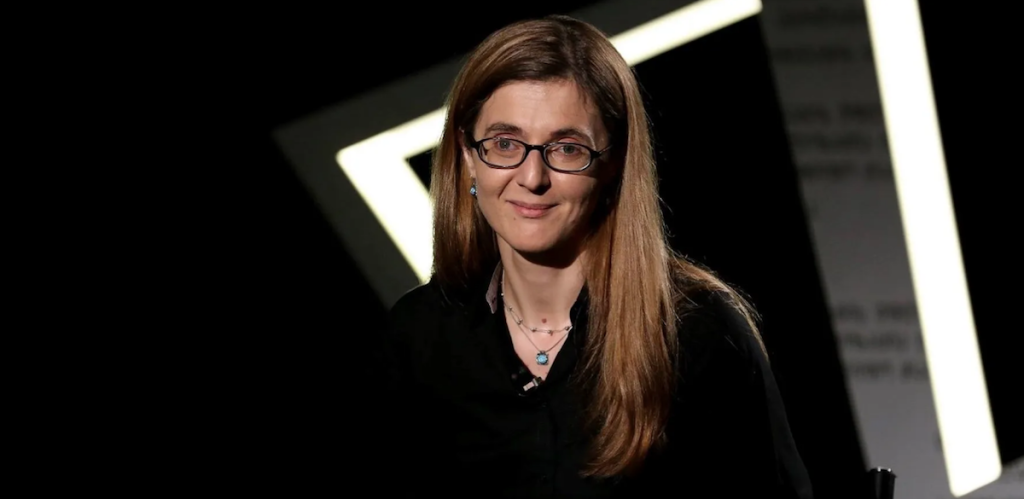
Giorgi Maisuradze, philosopher: “I didn’t watch the rally; I only saw Bidzina’s speech, and I’m not interested in others’ arguments. If Bidzina, who may have had some sort of mask before, immediately took it off, and we saw that he is obsessed with power and self-aggrandizement with a heavy paranoid disorder. He sees enemies, agents, and conspiracies everywhere and threatens to destroy everyone, like some mythological chthonic monster.
‘The party of global war’ is not only a quote from Putin, but also a paranoid symptom that almost invariably affects all authoritarian rulers. In my opinion, if Kobakhidze, Kaladze, Papuashvili, and others repeat such misconceptions, then they are simply hypocrites, but Bidzina really believes in them. He openly declares war on the West. In this, he is right: the Western world and the hero-worshipping ‘offshore oligarch,’ obsessed with glorification, are incompatible.
But the main thing here is that Bidzina does not see himself as an individual person, not even as the leader of the country. He thinks of himself as Georgia. Therefore, raising your voice against Bidzina or even just disagreeing with him is treason to the country because, as he himself thinks, Bidzina is the country. Homophobia is also paranoid – this is what the pioneers of paranoia described as a mental disorder, and suppressed homosexuality lies at the heart of paranoia.
Therefore, homophobia, having a psychological rather than a political basis, is also a paranoid symptom. This perfectly corresponds to the current ultra-right or neo-fascist pathos of ‘Georgian Dream.’ But it’s not funny at all when you consider that this man fully controls all branches of power: parliament, government, church, law enforcement agencies, courts, major businesses.
Behind him stands giant black capital, which will increase even more with Georgia’s detachment. Bidzina’s dream is a complete oligarchic dictatorship with persecution and repression. He spoke about it directly and declared it a kind of national movement and priority in advance.
In short, the battle of David and Goliath begins. On one side – the vice of the whole world, with the bacillus of a paranoid dictator, on the other side – the rest of Georgia, robbed and torn apart by Bidzina and his clan, deprived in Bidzina’s hands of any further prospects for the future. The choice is this: either absolute power for Bidzina and his offshore clan, complete darkness, and cultural isolation of the country, or a civilized future for Georgia based on principles of justice and equality. There is no other option.”
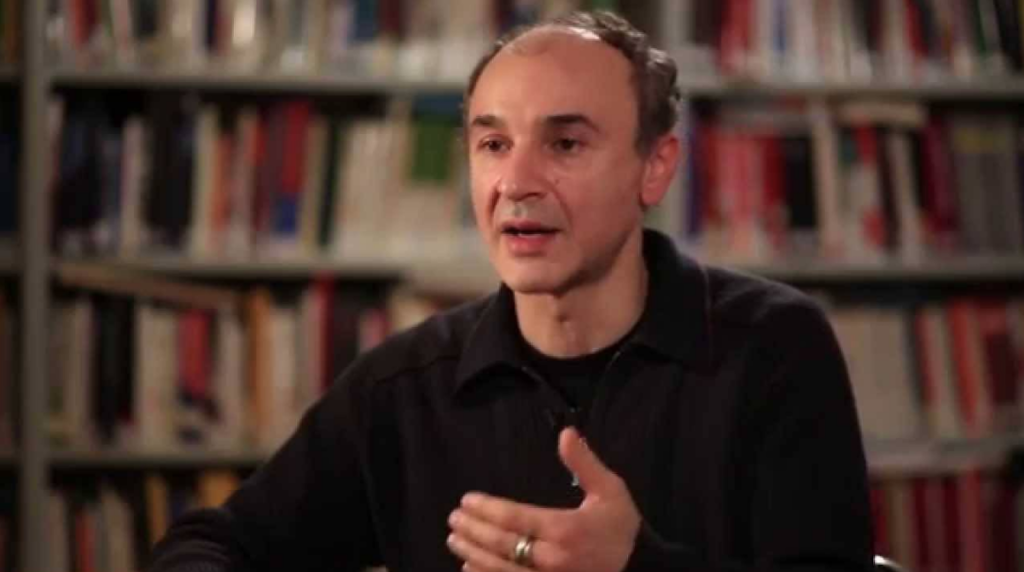
Iago Kachkachishvili, sociologist: Yesterday’s speech by Ivanishvili has only one valuable aspect: his double game has clearly ended – supporting integration with the West with one hand while undermining this integration with the other.
Such a double game was necessary for him to maintain his power, to avoid losing pro-European voters (who, according to polls, constitute at least a third of the “Georgian Dream” electorate). It seems Ivanishvili has decided to tame this part of his electorate and convince them of the repulsiveness of Europe/the West.
In essence, Ivanishvili has declared the West an enemy of Georgia, and everyone financed by the West as agents. Institutions that ensure democracy were suddenly declared part of an agent network and targets for repression.
The Europe that Ivanishvili and his puppets talked about yesterday doesn’t exist. Essentially, such “Europe” is Russia.
All of us who believe in the European future of this country must realize this well. Ivanishvili’s regime cannot be self-sufficient (unlike Russia); its resources are limited (I mean human and institutional resources, not financial ones). Yes, Georgian society is not entirely consistent on the path to European integration (we still have much to learn), but it knows well the value and power of the West. To expect our society to surrender and give up on Western orientation is simply inadequate.










